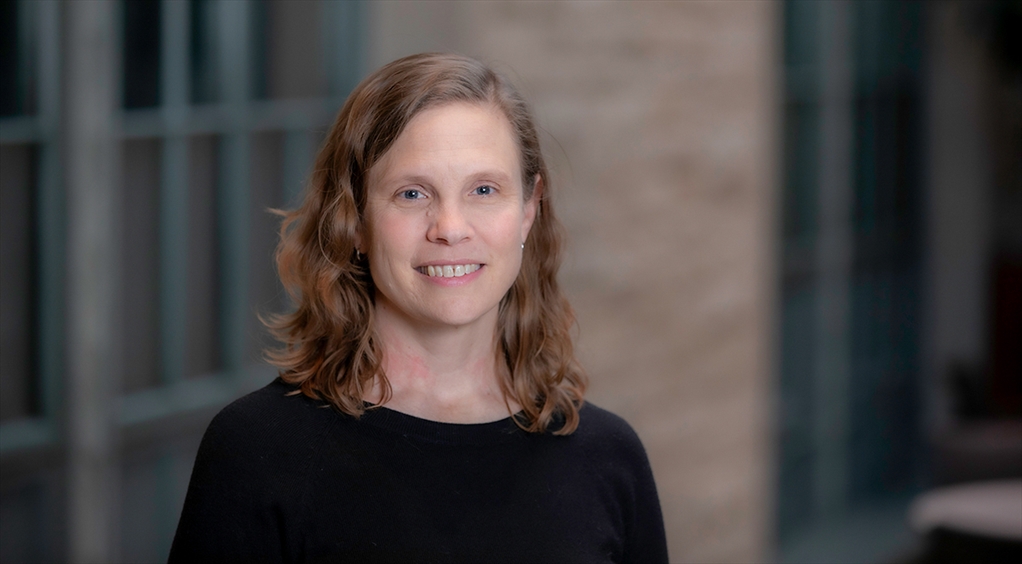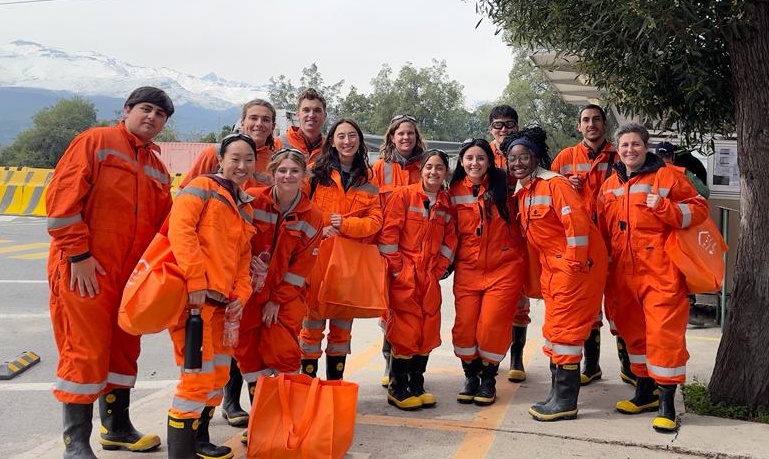Campus Close-Up: Understanding the Impacts of Our Response to Climate Change
Summer 2024 NULC Newsletter
Published May 28, 2024

In 2023, 1.2 million electric vehicles were sold in the United States. This represents 7.6 percent of the total US car market—up from 5.9 percent just a year earlier. On the surface, this increased demand for electric vehicles seems like a positive shift, given global climate change concerns. But for Jennifer Dunn and her students, sustainability is never that simple.
To electrify vehicles that emit fewer greenhouse gases, car companies need batteries. To create those batteries, companies have to acquire and utilize natural minerals, the mining of which has environmental impacts for people in communities where the mines are located.
“So how do we balance these local risks and potential environmental impacts against the global, pressing need to address climate change?” asks Dunn, a professor of chemical and biological engineering at the McCormick School of Engineering. “I think that is a very interesting question.”
Dunn works to tackle such questions with colleagues across Northwestern, serving as director of the Center for Engineering Sustainability and Resilience, associate director of the Northwestern-Argonne Institute of Science and Engineering, and faculty affiliate of the Paula M. Trienens Institute for Sustainability and Energy. Her highly collaborative research focuses on the environmental and societal effects of emerging technologies like energy storage, sustainable polymers, and critical mineral extraction.
As scientists develop new technologies to alleviate sustainability concerns, Dunn is focused on weighing those results against the impact on local communities.
“I think as engineers, we need to be prepared to understand and address the concerns of communities through our designs so that they are safe and minimize or avoid negative environmental outcomes,” she says. “Our graduate students are very aware of the broader societal implications of their work in a way that I don’t know was necessarily true even five years ago. It’s really heartening for me to see that.”
Among those graduate students is Maggie O’Connell, a fourth-year PhD candidate in chemical and biological engineering. Her work looks at sustainability of water treatment and desalination systems, and the effects of critical material mining in Indigenous communities.
“It’s been great working with Jennifer,” O’Connell says. “I came in really interested in policy in the climate change space. It’s complex and tricky, and she helps us navigate those complexities and how to be careful in discussing them all fairly.”

Innovation is at the forefront of Dunn’s efforts. Her work with fellow Northwestern researchers on the disproportionate impacts of environmental challenges, for example, earned top honors in the Roberta Buffett Institute for Global Affairs’ Idea Incubation competition.
Much of this progress is made possible through the support of leadership gifts. In addition to donor support, Dunn credits her success to the University’s openness to new collaborations among faculty in different fields.
“No one asks me when I’m working with a political scientist, ‘Why are you doing that? Why don’t you just do regular chemical engineering stuff?’ People are interested, they’re supportive, they want to see these connections, and they recognize the benefit to students and faculty,” she says.
Dunn believes this mindset creates an environment where research like hers is able to thrive. “We often say to visitors that Northwestern has that type of atmosphere, and I have lived it,” she says. “I experienced it, and that’s why I’m here.”
To learn about supporting research at McCormick, contact Patrick Hankey at 847-467-2950 or patrick.hankey@northwestern.edu.
